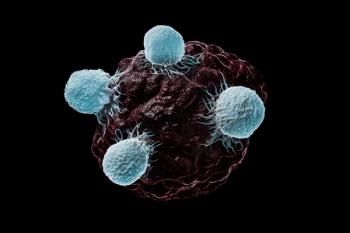
Thorsten Graef, MD, PhD, chief medical officer, Acepodia, discussed data on ACE1702 presented at ESMO 2021.

Thorsten Graef, MD, PhD, chief medical officer, Acepodia, discussed data on ACE1702 presented at ESMO 2021.

Forge Biologics and Solid Biosciences have also partnered to help develop a gene therapy for Duchenne muscular dystrophy.
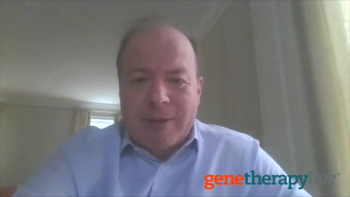
Paul Wotton, PhD, chief executive officer, Obsidian Therapeutics, discussed the company’s pipeline and technologies.
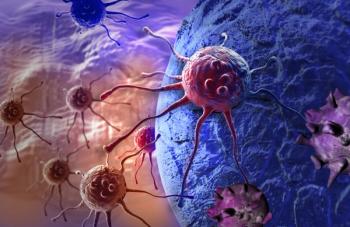
Investigators have identified the maximum tolerated dose and continue to refine the recommended phase 2 dose in the phase 1 part of the study.

The director of the Solid Tumor Immunotherapy Lab at the University of Pennsylvania discussed safety concerns with CAR T-cell therapies.

Improvements in peak expiratory flow, forced expiratory volume, and forced vital capacity were observed in all evaluable treated patients in the IGNITE-DMD trial.
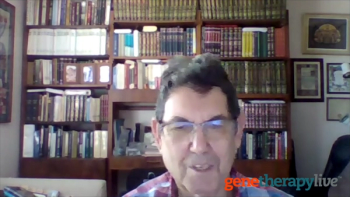
The chair of the International Collaborative Gaucher Group Registry discussed the place of gene therapies in the Gaucher treatment landscape.
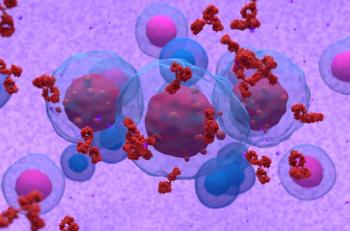
Overall response rate was 73% in all patients treated with ide-cel at a median follow-up of 24.8 months (range, 1.7-33.6).
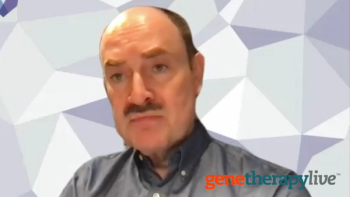
The chief executive and chief medical officers of Vor Biopharma discussed the company’s future research and plans.

Patients treated with RGX-314 also had stable BCVA and central retinal thickness.
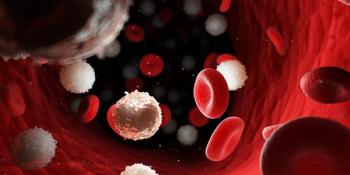
ZUMA-3 showed that a single infusion of the CAR T-cell therapy elicited a high and durable response rate in heavily pretreated patients with relapsed/refractory B-ALL.
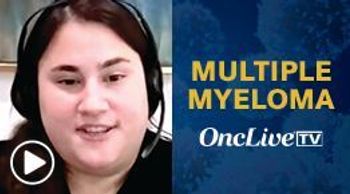
The associate professor from The University of Texas MD Anderson Cancer Center discussed eligibility for autologous stem cell transplant in patients with multiple myeloma.

A clinical hold was previously placed after patients treated with the highest dose developed lower extremity weakness.
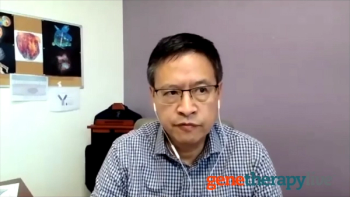
Allen Feng, PhD, chief scientific officer, HebeCell, discussed advantages of induced pluripotent over hematopoietic stem cell therapies.

Improvements persisted through up to 10 years of follow-up.
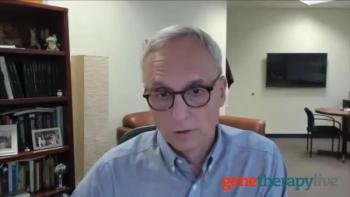
The director of the Powell Gene Therapy Center at the University of Florida discussed the recent meeting of the FDA Cellular, Tissue, and Gene Therapies Advisory Committee.
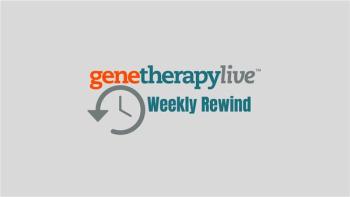
Review top news and interview highlights from the week ending October 1, 2021.
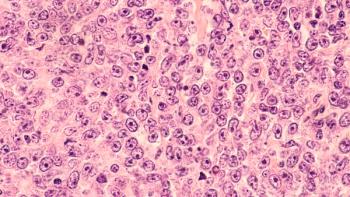
Treatment with the CAR T-cell therapy yielded a 60% reduction in the risk of EFS events compared with SOC with a median follow-up of 2 years.
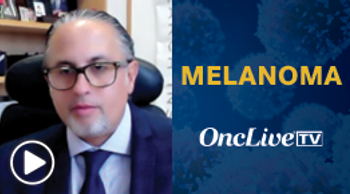
The chief of translational Research and immunotherapy at The Angeles Clinic and Research Institute discussed the integration of tumor infiltrating lymphocyte–based therapy into the melanoma armamentarium.

The dose was previously evaluated in adult patients with no comparable inflammation.

The decision comes after 3 participants experienced serious adverse events during the phase 3 trial.
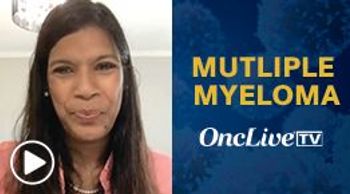
The hematologist and oncologist from UCSF Helen Diller Family Comprehensive Cancer Center discussed key findings from the phase 2 KarMMA trial.

A competing RNA-based therapy for LCA10 is currently being evaluated in a phase 2/3 trial.
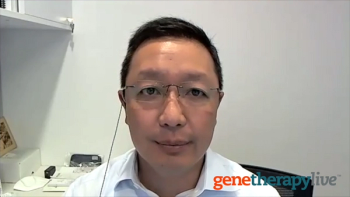
The chief executive and chief medical officers of Vor Biopharma discussed their focus on AML, CD33, and their lead program VOR33.

CT-0508 is currently under investigation in a phase 1 clinical trial.
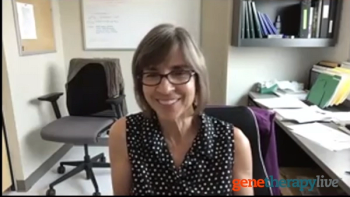
Directors from the Moran Eye Center discussed researching gene therapy approaches targeting HTRA1 in AMD.

CAP-1002 met primary and secondary end points in the HOPE-2 trial.

The director of the Solid Tumor Immunotherapy Lab at the University of Pennsylvania discussed JQ1 and other BET inhibitors he would like to study.
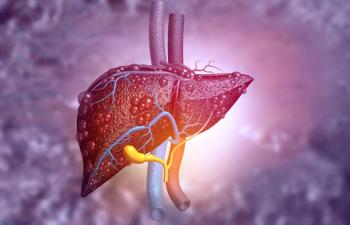
Precision BioSciences is collaborating with iECURE, a new company focused on mutation-agnostic, liver disease gene therapies.
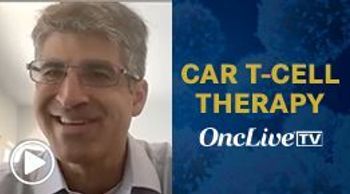
The hematologist/oncologist from City of Hope discussed the potential for CAR T-cell therapy in earlier lines of treatment for patients with diffuse large B-cell lymphoma.